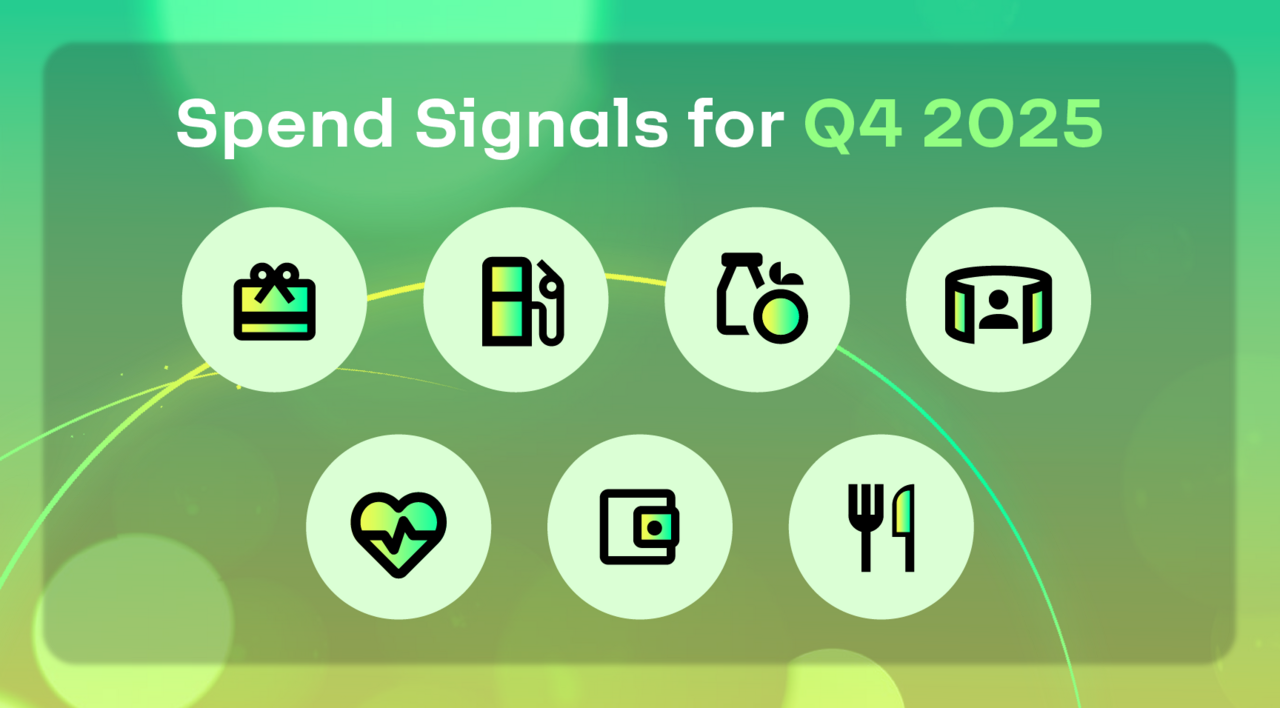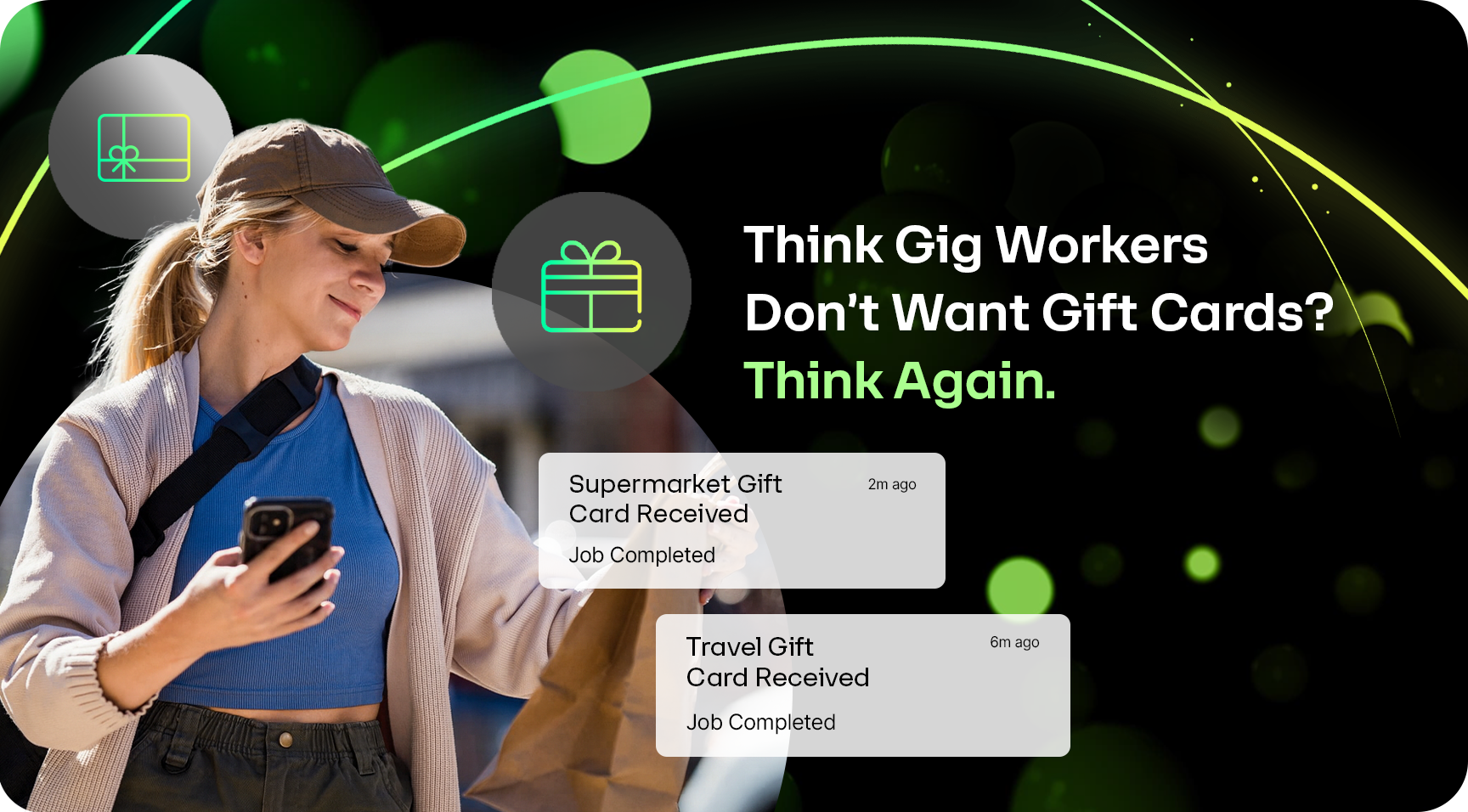In today's fast-paced digital economy, how a business delivers funds is just as important as the money itself. This is especially true when it comes to B2C payments and payouts. Whether you're an HR team rewarding employees, a gaming company distributing winnings, a direct selling organization paying commissions, or a research platform compensating participants - efficient and reliable payouts are a critical business function. But they’re also a strategic opportunity.
This is where digital B2C payment platforms come in. Far more than a tool for disbursement, the right platform provides a robust payment solution and plays a pivotal role in recipient satisfaction, operational efficiency, and market scalability. As the global payment market continues to expand, driven by the growth of digital payments and rising expectations for speed and flexibility for B2C payments, the ability to navigate the B2C payment market with a seamless, secure, and scalable payment system is becoming essential.
Payments vs payouts: What's the difference?
While the terms are often used interchangeably, payments and payouts serve different functions in a business context.
- Payments are broad and can refer to any transaction - B2B or B2C - in which funds are transferred in exchange for goods or services.
- Payouts are a specific subset of payments. They refer to any B2C transaction where funds sent from a business to an individual, typically outside of a commercial sale - think employee bonuses, gig worker earnings, prize winnings, or loyalty redemptions.
In short: all payouts are payments, but not all payments are payouts. Understanding this distinction is key when designing a B2C payment system that supports large-scale, high-frequency individual transactions with flexibility and speed.
What are B2C payment platforms?
B2C payment or payout platforms are the infrastructure that allows businesses to send funds directly to individuals – employees, customers, contractors, or participants - across various sectors. Unlike B2B payments, which are often slower and invoice-based, B2C payments tend to be high in volume, lower in value per payment, and demand speed, accuracy, and ease.
The role of a B2C payment system is to bridge the gap between the business and the individual, offering flexible payment options such as direct bank transfers, digital wallets, gift cards, or even cryptocurrency. A robust system also handles comprehensive payment processing and payout management, automating the journey from initiation to receipt.
Why the B2C payment market is evolving
The B2C payment market is undergoing rapid transformation. As consumers become more accustomed to instant gratification, expectations around payout timing and flexibility are rising. The shift toward mobile-first experiences, digital wallets, and app-based money management is fueling demand for more sophisticated B2C payment systems.
Simultaneously, cross-border payments are becoming more common, whether you're paying gig workers in Southeast Asia or distributing loyalty rewards across Europe. Businesses increasingly need a global payment gateway that can support multiple currencies, local regulations, and varied payout preferences, all while maintaining compliance and security.
Key features of a high-performance B2C payment platform
To compete in this landscape, businesses need more than just a functional payout tool. A modern B2C payment platform should offer:
- Multiple payout and payment options: Whether through bank transfer, mobile wallet, prepaid card, or digital gift card, offering diverse payment methods increases recipient satisfaction.
- Cross-border payments support: The ability to send funds globally with real-time currency conversion and local compliance is critical for scale.
- Integrated payment gateway: A central payment system that facilitates both payment initiation and payout orchestration across multiple channels.
- End-to-end payment processing: From funding the account to the final payout, automation reduces error and accelerates the process.
- Built-in compliance and security: The best platforms offer fraud detection, encryption, and ongoing compliance with AML, KYC, and data privacy laws.
- Transparent reporting and analytics: Clear insights into activity help businesses make better strategic decisions.
Why legacy payment solutions are no longer fit for purpose
The way individuals receive money has fundamentally changed and legacy payment systems are struggling to keep up. In a world increasingly driven by instant, digital-first expectations, traditional models that may offer an ACH payment, paper check, delayed card payments and rigid bank transfers create friction in the payout experience.
These outdated systems were designed for business-to-business or high-value one-off transactions, not high-frequency, low-value consumer B2C flows. Today’s users expect real-time access to funds, flexible payout options, and intuitive interfaces. Legacy payment methods simply weren’t built to support these expectations or the scale that modern platforms demand.
One major limitation is adaptability. Most legacy systems offer a narrow range of supported payment methods, with little flexibility for emerging preferences like digital wallets or international digital payment networks. As recipient preferences evolve from PayPal and Venmo to mobile wallets and prepaid gift cards, businesses using legacy systems are left scrambling to integrate modern options through costly, time-consuming upgrades.
The global nature of today’s digital economy also exposes significant weaknesses. Cross border payments are notoriously slow, expensive, and opaque when processed through legacy rails. Currency conversion, settlement times, and compliance requirements all add friction to the payment process - leading to frustration for both senders and recipients.
Recurring payments and on-demand disbursements pose further challenges. Whether it’s a gig worker expecting a weekly payout, or a survey participant needing instant compensation, legacy infrastructure often lacks the automation and agility to support dynamic, event-driven financial transactions.
In contrast, modern digital payout platforms are built for agility, speed, and scale. They’re designed to accommodate a wide range of payment methods, streamline the payout process across global markets, and meet rising recipient expectations while maintaining compliance and security.
Clinging to outdated systems isn’t just inefficient - it risks eroding recipient trust, damaging brand reputation, and losing ground to more innovative competitors. The payment market is evolving fast. Legacy solutions aren’t equipped to keep up.
Payouts as a growth lever
Delivering payouts may seem like a simple operational task, but in reality, it’s a powerful lever for customer loyalty and workforce retention. Timely, flexible payouts reinforce trust and improve user experience.
For example:
- In the gig economy, instant B2C payouts reduce churn by ensuring workers are paid promptly.
- In gaming, fast reward distribution sustains user engagement and loyalty.
- In loyalty programs, diverse payout options encourage redemption and increase program value.
- In research and surveys, streamlined payout systems improve completion rates and respondent satisfaction.
Choosing the right B2C payment system
With dozens of providers entering the market, businesses need to evaluate which B2C payment system aligns with their operational and strategic goals. Key questions include:
- Does the platform support your current and future payment methods and payout preferences?
- Can it scale globally with seamless cross-border payments?
- Does it integrate with your existing payment gateway or backend systems?
- Is it compliant with local and global regulations?
- What level of transparency, control, and reporting does it provide?
Why Runa leads in the digital B2C payout platform space
If you’re looking to modernize how you manage B2C disbursements, Runa offers the infrastructure to help you scale with speed and confidence. Runa's digital B2C payout platform combines global reach, instant payment processing, and deep compliance capabilities into a single solution.
- Global coverage across 190+ countries
- Full-stack payment gateway integrations
- Real-time fraud monitoring and secure controls
- Transparent FX and localized payout methods
- Built-in compliance for GDPR, AML, and KYC regulations
Whether you’re issuing rewards, wages, refunds, or incentives, Runa turns the payout moment into a brand-building experience. It's more than just a payment system - it's a catalyst for growth.
Rethinking B2C payouts
For modern businesses spanning the gig economy, gaming, HR, loyalty, direct selling, and research, a digital B2C payout platform is no longer a luxury - it’s an essential part of operational success. These platforms streamline complex payout flows, enhance recipient experiences, and drive measurable growth.
A forward-looking payment method strategy isn't just about speed - it’s about trust, choice, and adaptability. A strong digital payment system helps companies meet rising consumer expectations while navigating global complexity. As preferences shift toward instant access, transparency, and flexibility, businesses must offer payment option variety, including digital wallet support, to remain competitive.
A seamless payment process enhances satisfaction and builds brand loyalty. But it’s not just about user experience, security matters too. As digital infrastructure scales, the risk of payment fraud increases. Choosing a trusted platform that proactively mitigates risk is critical to long-term success.
Runa empowers companies to meet these challenges head-on. From global reach to flexible integration, and from recipient-first design to industry-grade compliance, Runa transforms basic transactions into strategic opportunities. By embracing innovation and leaving legacy systems behind, your business doesn’t just keep pace with the future of payouts - it helps define it.



